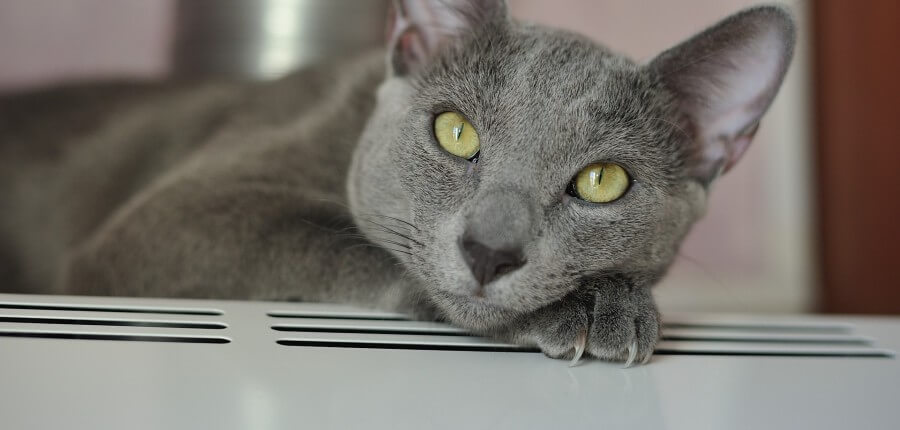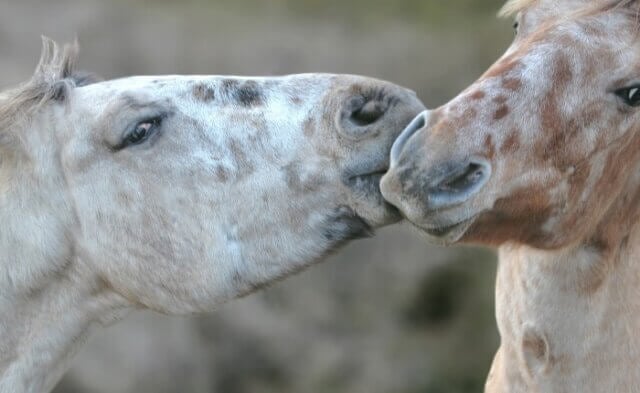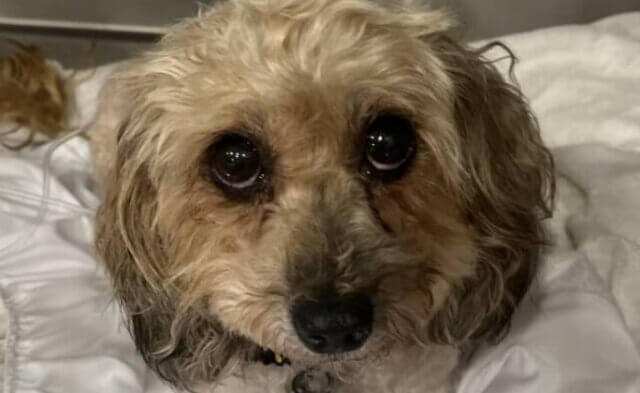It’s the illness that is on everybody’s lips: coronavirus. A pandemic can cause fear and anxiety, but there is plenty we can do to stay calm and ensure that we—and our animal companions—stay safe and secure as COVID-19 spreads to more communities.
Stock up on supplies for all species
Stocking up on two weeks’ worth of groceries to wait out a self-quarantine period is a good idea. While you’re grabbing soy milk for your daughter, almond milk for your son, and oat milk for your significant other, make sure you have plenty of supplies at home for your animal family members, too. Buy at least two weeks’ worth of their food, medications, treats, litter, and other necessities.
Canines, cats, and quarantines
Being ordered to stay home for two weeks (or more) can be daunting. If you find yourself in this situation, it’s important to ensure that your animal family members still receive excellent care and that their lives are disrupted as little as possible. The World Health Organization has said that there is no evidence that our animal companions can be infected with coronavirus. However, they depend on us entirely and will suffer if we aren’t able to meet their needs. So carefully consider whether you can do so—and if not, ask for help right away.
Dogs still need daily exercise and cats still need active play and to have their litterboxes scooped every day, even if you’re not feeling well. And quarantine or no quarantine, all animals need attention, love, grooming, medical care, and interesting activities.
If you have concerns about your ability to care for your animals, don’t let them suffer or be neglected. Trusted, responsible family members or friends who have cared for your animals in the past may be happy to care for them during the quarantine. Ask your veterinarian for advice, too. The decision to separate members of the family can be difficult, but your animals’ welfare is paramount.
Trip gone awry? Don’t bat an eye
Before you leave, provide extra food and medication for your animal companions and ensure that your caretaker has your veterinarian’s contact information and a means of transporting your animals. Also, have a contingency plan in case you’re delayed: Verify that the caretaker can keep watching your animals if your trip is extended—or arrange a backup person who can take over, if necessary, and share his or her contact information with the primary caretaker. Facing a disruption in return travel plans caused by coronavirus restrictions, canceled flights, or health issues? You can make sure that your companion animals are well cared for back home: Just keep a clear line of communication with your animals’ caretaker.
How do we care for our animal family members during the coronavirus outbreak?
Just be prepared, stay calm, and prioritize their welfare. Not too different from usual!





